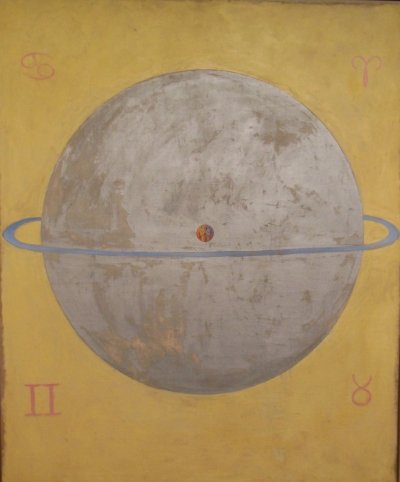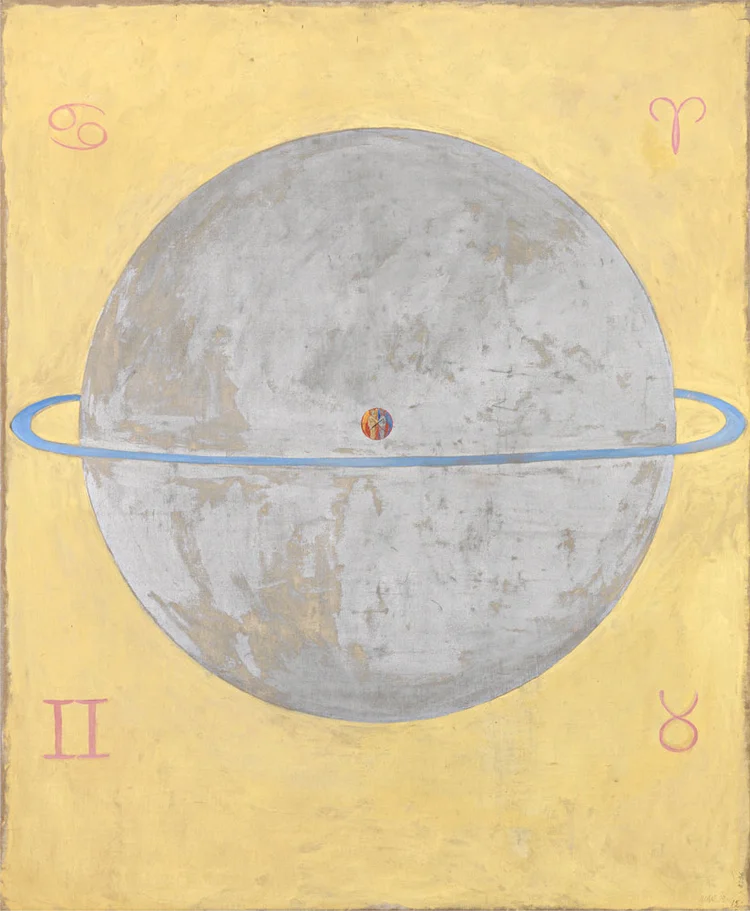In 1932 Benjamin composed a fragment ('On Astrology') that was to be published posthumously, but which contains the seeds of what he calls a 'rational astrology'. In this fragment, Benjamin's point of departure is that of outlining an idea of astrology that is emptied of any doctrine that speaks of magical influences or radiant energies. The point is that rational astrology does not pivot on astral influences; instead it hinges its communicative properties on the 'mimetic powers' that link all the elements present in the universe. According to Benjamin, the resemblances that we are able to identify in people's faces, in plants, in buildings and so on are but micro details of a universe of resemblances. ... In another fragment ('Experience') ... Benjamin writes that "Experiences are lived similarities".
Walter Benjamin (1892-1940)























